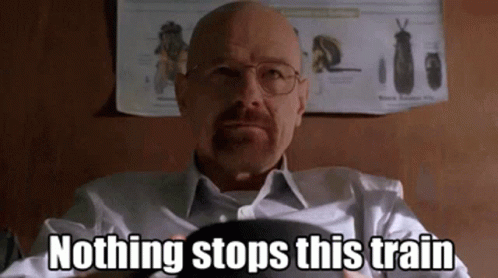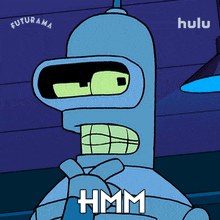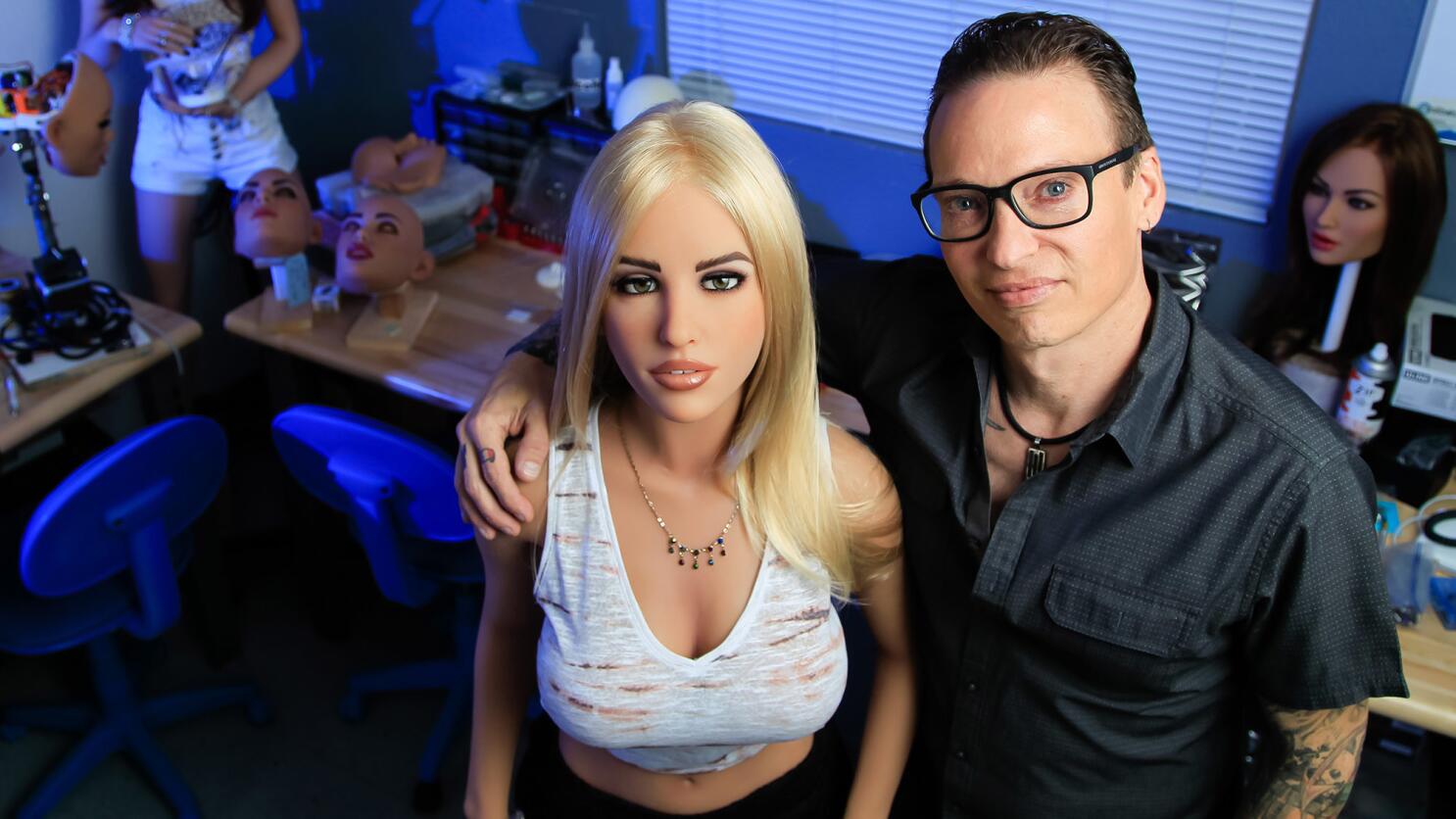IDKFA
I am Become Bilbo Baggins
Saw this the other day and frankly, I was blown away how fast AI and robotics are advancing.
First, what it is. Here is a recent demo of the Open-AI powered speech-to-speech reasoning and it's pretty impressive.
From the company website:

 www.figure.ai
www.figure.ai
Today, we are seeing unprecedented labor shortages. There are over 10 million unsafe or undesirable jobs in the U.S. alone, and an aging population will only make it increasingly difficult for companies to scale their workforces. As a result, the labor supply growth is set to flatline this century. If we want continued growth, we need more productivity — and this means more automation.
As automation continues to integrate with human life at scale, we can predict that the labor-based economy as we know it will transform. Robots that can think, learn, reason, and interact with their environments will eventually be capable of performing tasks better than humans. Today, manual labor compensation is the primary driver of goods and services prices, accounting for ~50% of global GDP (~$42 trillion/yr), but as these robots "join the workforce," everywhere from factories to farmland, the cost of labor will decrease until it becomes equivalent to the price of renting a robot, facilitating a long-term, holistic reduction in costs. Over time, humans could leave the loop altogether as robots become capable of building other robots — driving prices down even more. This will change our productivity in exciting ways. Manual labor could become optional and higher production could bring an abundance of affordable goods and services, creating the potential for more wealth for everyone.
This all sounds very good, but I have some issues with this. It sounds great that these robots will soon be able to do the hard, manual labour jobs, but is that where it ends? Surly then they'll be coming to do the "boring" office and coding jobs (without the cool robot bodies of course). What about the army? Might as well use them for combat. Unlike a human, A robot is unlikely to miss a shot.
Where does that leave humanity? What will we do if we don't have to work? We could take up artistic pursuits, but AI is already taking over on that front too. Will we just be left to consume? What happens when some nut jobs start demanding these robots have human rights and deserve pay? Where does that leave us then?

On the other hand I can see these robots having a positive impact. They could, for example, be used to locate and help survivors after a natural disaster or used in care homes to look after the increasing aging population.
Personally, although the tech is impressive, I'm concerned we're not taking a step back and looking at the impact this is going to have on humanity and coming up with contingency plans. We're just ploughing ahead and hoping for the best.
First, what it is. Here is a recent demo of the Open-AI powered speech-to-speech reasoning and it's pretty impressive.
From the company website:

Figure
Figure is the first-of-its-kind AI robotics company bringing a general purpose humanoid to life.
Today, we are seeing unprecedented labor shortages. There are over 10 million unsafe or undesirable jobs in the U.S. alone, and an aging population will only make it increasingly difficult for companies to scale their workforces. As a result, the labor supply growth is set to flatline this century. If we want continued growth, we need more productivity — and this means more automation.
As automation continues to integrate with human life at scale, we can predict that the labor-based economy as we know it will transform. Robots that can think, learn, reason, and interact with their environments will eventually be capable of performing tasks better than humans. Today, manual labor compensation is the primary driver of goods and services prices, accounting for ~50% of global GDP (~$42 trillion/yr), but as these robots "join the workforce," everywhere from factories to farmland, the cost of labor will decrease until it becomes equivalent to the price of renting a robot, facilitating a long-term, holistic reduction in costs. Over time, humans could leave the loop altogether as robots become capable of building other robots — driving prices down even more. This will change our productivity in exciting ways. Manual labor could become optional and higher production could bring an abundance of affordable goods and services, creating the potential for more wealth for everyone.
This all sounds very good, but I have some issues with this. It sounds great that these robots will soon be able to do the hard, manual labour jobs, but is that where it ends? Surly then they'll be coming to do the "boring" office and coding jobs (without the cool robot bodies of course). What about the army? Might as well use them for combat. Unlike a human, A robot is unlikely to miss a shot.
Where does that leave humanity? What will we do if we don't have to work? We could take up artistic pursuits, but AI is already taking over on that front too. Will we just be left to consume? What happens when some nut jobs start demanding these robots have human rights and deserve pay? Where does that leave us then?

On the other hand I can see these robots having a positive impact. They could, for example, be used to locate and help survivors after a natural disaster or used in care homes to look after the increasing aging population.
Personally, although the tech is impressive, I'm concerned we're not taking a step back and looking at the impact this is going to have on humanity and coming up with contingency plans. We're just ploughing ahead and hoping for the best.







